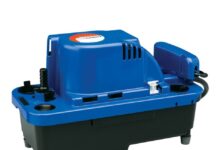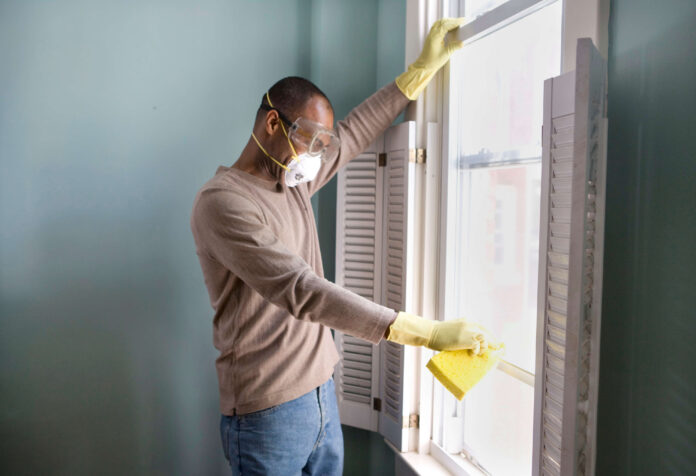
How do we recognize mold and can we fight it effectively? These are the questions many of us face, especially during winter when the moisture happens to do its thing – and we notice mold on our walls and ceilings. Then we usually resort to cleaning and using anti-mold agents – but how effective is this method? We will try to find out whether and for how long the mold and its spores can stay in the air even after we clean it.
Negative Effects Of Humidity In The House
Moisture is inevitably present in all houses and apartments – and during all seasons. It is created during cooking, washing and drying clothes, temperature changes – and even while breathing. A certain percentage of moisture is normal and doesn’t interfere with the normal functioning and life of people. However, the problem arises when moisture is permanently present when it penetrates the walls. Then, it can cause several negative consequences for human health and safety. You will recognize damp apartments and houses by the characteristic smell of soil and mold. The smell is heavy, unpleasant, and stale – and such air is difficult to breathe. In addition to the unpleasant smell that creeps into the wardrobe and furniture – damp homes are characterized by mold on the surfaces of the walls, discoloration, cracks, etc.
Solving Mold Problems Is Not An Easy Task
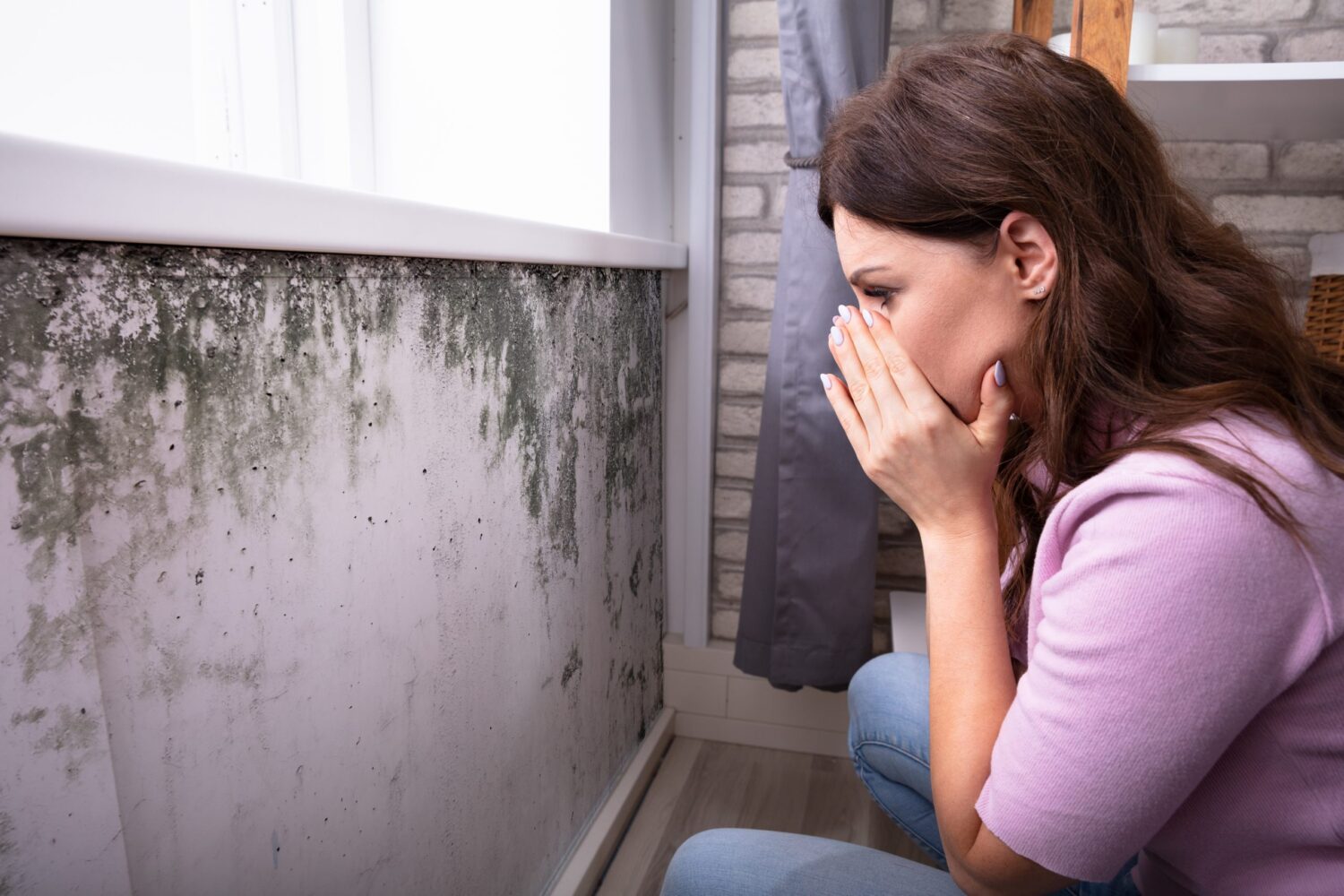
Rooms filled with moisture are uncomfortable and unhealthy to stay in – and solving mold problems is not an easy task. To remove mold, it is necessary to dry the walls and take all the measures so that the moisture does not return. These measures should include maintaining a stable temperature and using air conditioners and dehumidifiers. You must ventilate places such as bathrooms and kitchens regularly because in these places the temperature changes are frequent. That way, moisture will not remain. This is where we come to our initial question: For how long can mold spores remain in the air even after treatment?
Can Spores Survive And Stay In The Air And For How Long?
Even if you have cleaned all the mold from your walls using special means for this purpose – this doesn’t mean that it’s not present in the house. On the contrary – it’s probably still present in the air! How is this even possible and how to prevent this? It is possible because the mold spores are still present in the air, and whether they will stay there and for how long – depends on the ways of cleaning and further maintenance that we carry out. Namely, molds are microscopically tiny fungi that form a clump called a mycelium. They are unable to assimilate carbon from the air – and so they live by parasitizing other organisms. We can make a distinction between the so-called active and passive mold. The active type is better known to us because it is visible. However, passive mold is what lurks in the air. Spores can be found in the air – and they are able to survive even after the cleaning procedure. Then how can we destroy them?
How To Destroy Mold Spores?
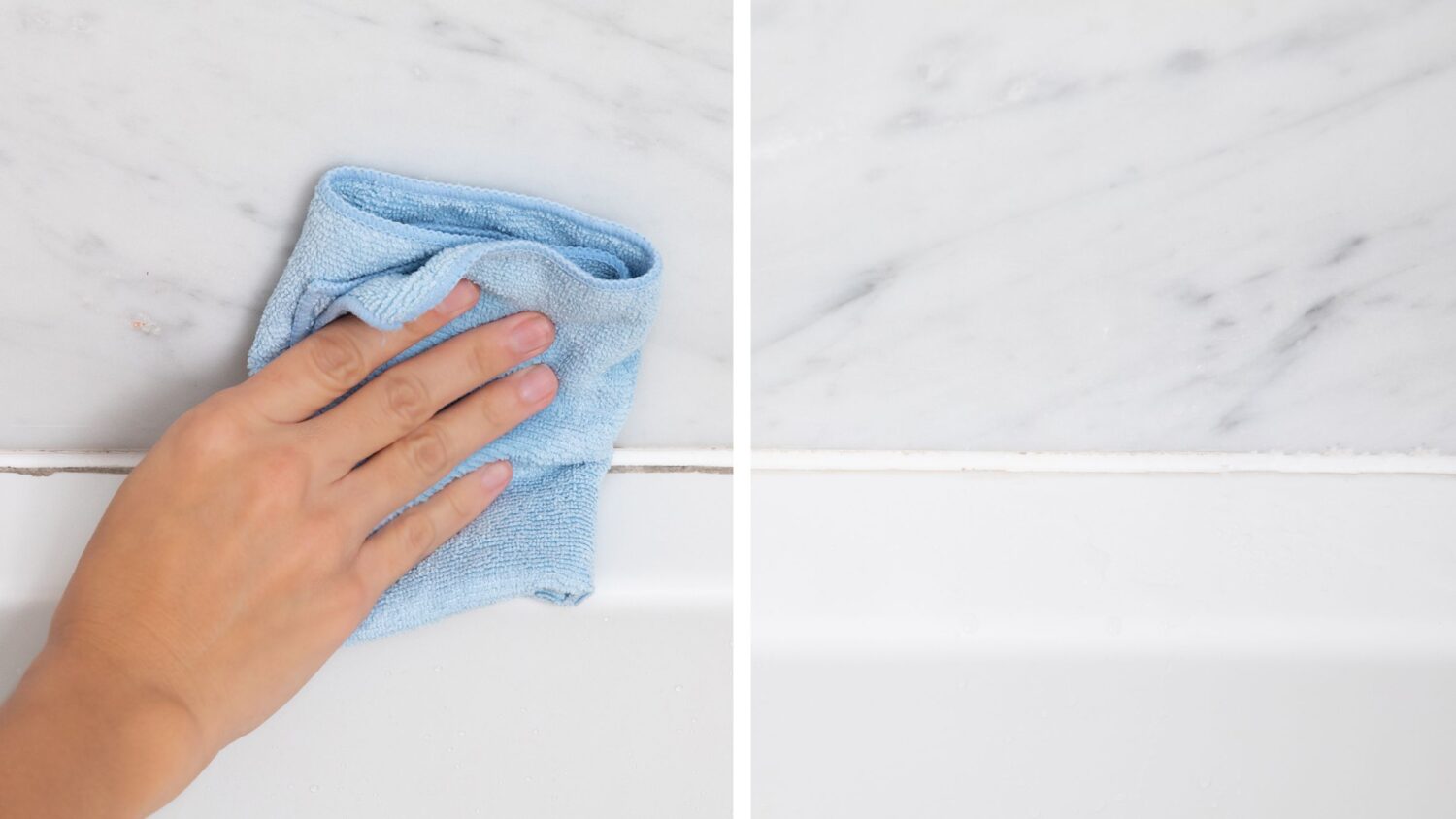
Mold spores are tiny microorganisms present in the air, or the dust – and they reproduce by dissemination. The germination of spores is influenced by climate conditions. According to oahumold.com, higher humidity or higher temperatures will further enhance their development. So how can we get rid of mold spores from the air? The best solution is to call in professionals – because by using special means and machines, they can examine the level of spores in the air, and adequately treat them. When it comes to homes with a lot of moisture, this is a necessary intervention because moisture has a great tendency to spread – and it can easily affect other rooms.
Test On Mold Spores
As mold is not always immediately recognizable, a mold test can provide you with clearer answers. It provides information on whether there is mold, it can measure how much mold is in the air – and depending on the test, it can also show which types of mold fungi are present in the air. As many mold tests are easy to use today – you don’t always need an expert to do the job. However, for some, you will need professional help – especially if you want to examine the types of mold spores or if the area affected by mold is more than half a square meter large.
Consequences Of Moisture And Mold In Your Home
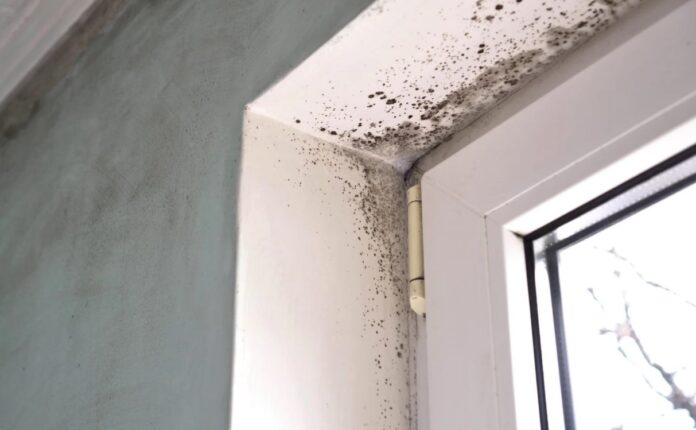
In addition to aesthetically affecting the appearance of your home – moisture can cause other serious consequences. Therefore, this problem should be taken seriously and remedied in time. Otherwise, you may risk situations such as:
-
Fire hazard
Moisture is dangerous for household appliances. Its presence reduces the insulation resistance of electronic devices, which more often break down and stop working – and it is generally known that electricity and moisture do not go together. Condensation, the accumulation of water droplets, can be especially dangerous. Therefore, you must protect electrical devices, and get rid of moisture as soon as possible.
-
Decay of furniture
Wood and moisture do not get along well. Exposure to high humidity leads to rotting and decay of wood – which is bad news for carpentry, wooden floors, and furniture in your home. Floors can be lifted and damaged – while furniture infested with mold will have a shorter lifespan and will have the characteristic smell.
Don’t Forget That Mold And Mold Spores Can Be Dangerous To Health
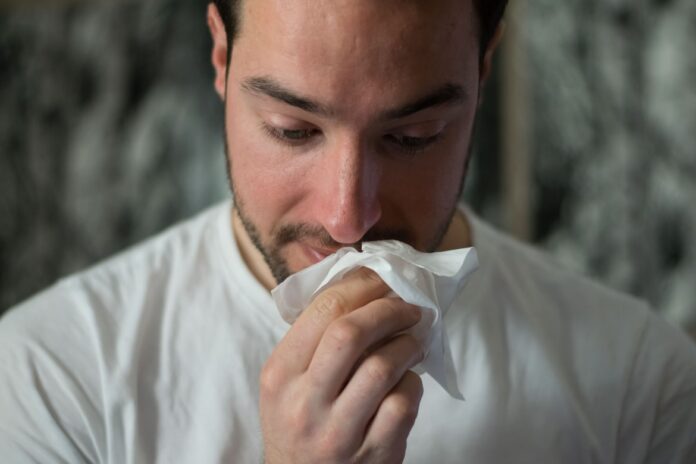
The rooms with mold can have a very negative effect on your health. Increased humidity prevents sweating – which is crucial for the body’s thermoregulation. The symptoms you can feel range from very mild to even some serious illnesses. Fatigue, fever, frequent infections of the respiratory system, susceptibility to influenza, diarrhea, vomiting, weakened immune system – these are just some of the symptoms you may experience. Children, the elderly, and people with mental health problems are particularly sensitive to moisture and mold. Children who are exposed to living in damp houses are more likely to suffer from asthma and bronchitis. The negative effect of moisture on mental disorders is also well-known. Namely, people who live in such conditions are twice as likely to suffer from depression and psychosis.


